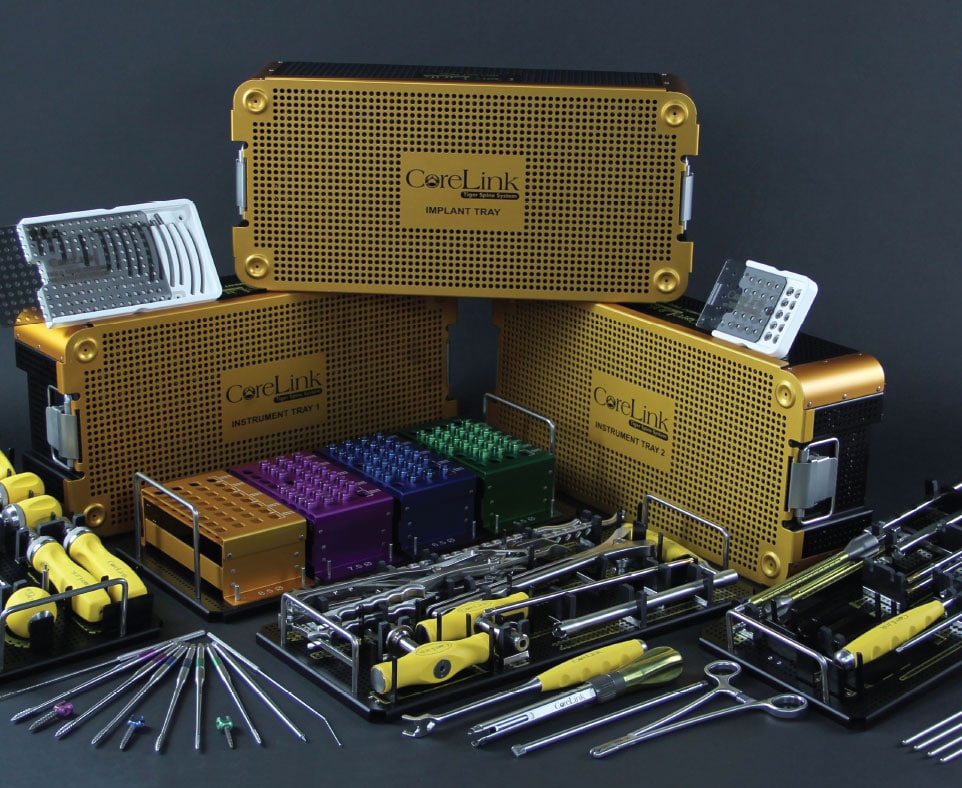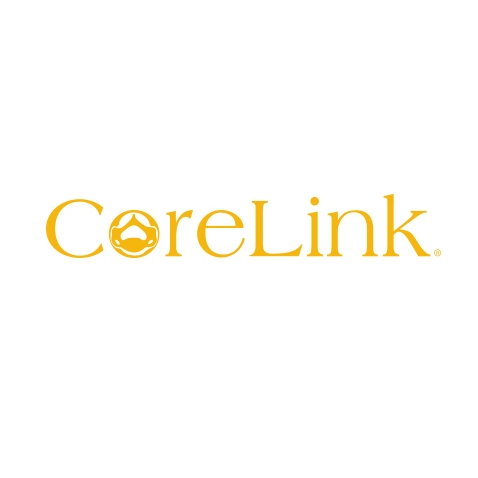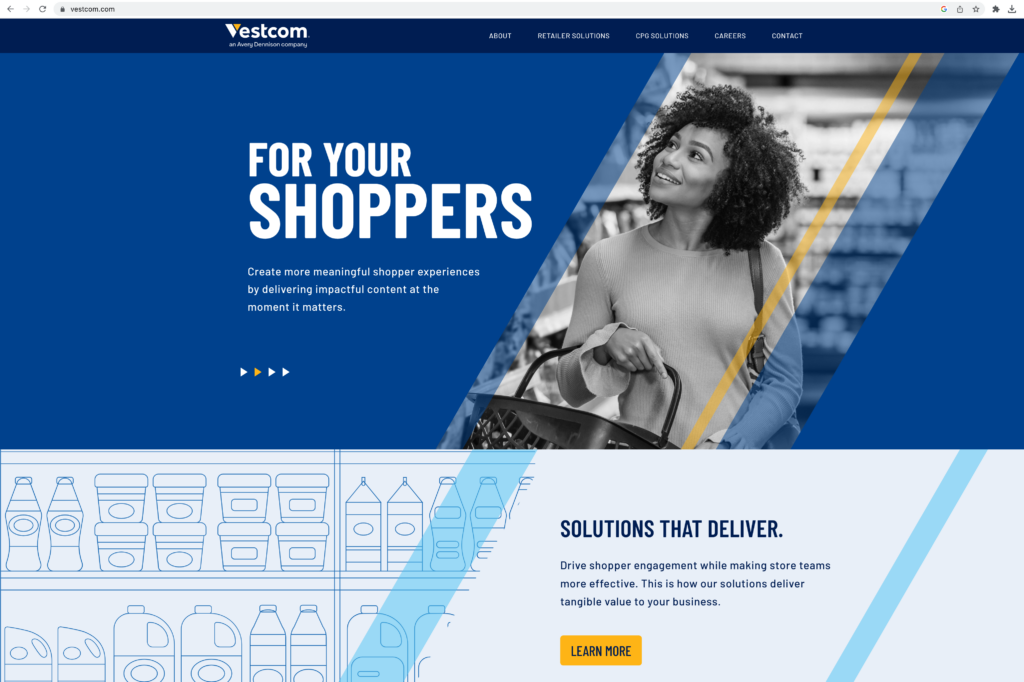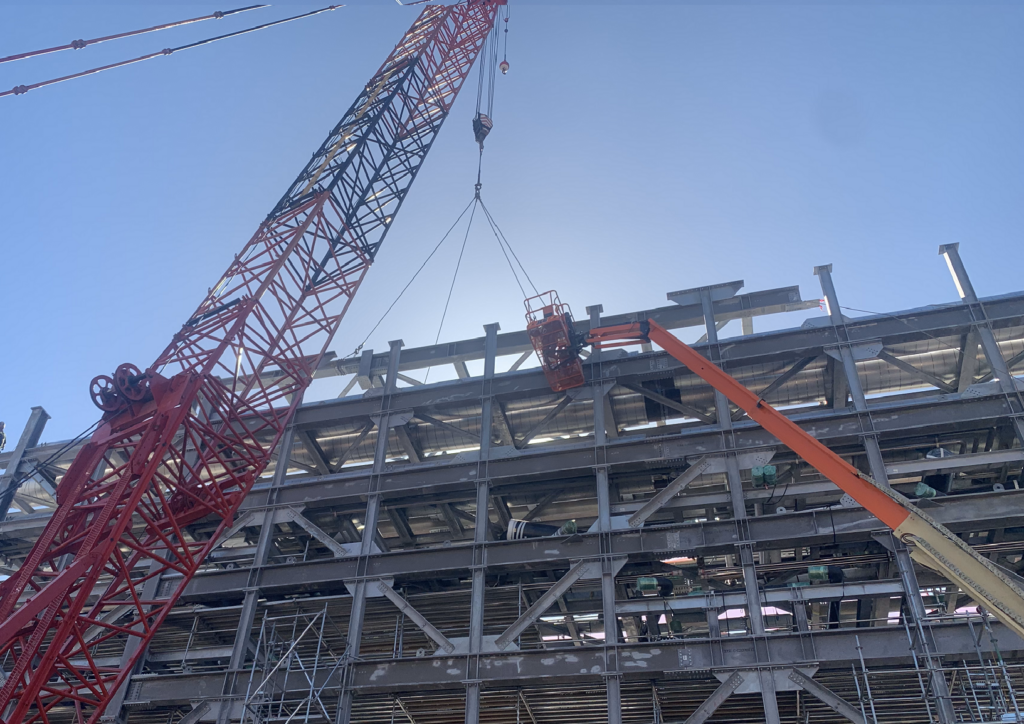
Fast Facts
Investment Date: June 2016
Industry: Medical Devices
Ownership Profile: Founder-owned
Exit Year: June 2023

Overview
CoreLink is a leading, vertically integrated provider of spinal implant and instrumentation systems. For over two decades, CoreLink solidified itself as a leading provider of novel devices and instrumentation for spinal surgery. More recently, it established a differentiated product portfolio supporting lateral spine procedures. Jay Bartling founded the business and saw the opportunity to bring in a partner who would add value to the business and accelerate growth. Stephens Group was the first institutional capital and successfully exited our control position to a strategic buyer after a competitive process while maintaining a minority ownership of the combined business.
“I was very pleased with my partnership with Stephens Group. We had a shared strategic vision, and with the help of their significant experience and deep bench of resources, we were able to successfully execute on that plan and provide our customers with the highest quality, highest value spinal implant and instrumentation systems.”
Jay Bartling
Founder and CEO of CoreLink
Investment Thesis
CoreLink was a well-run business with many attractive attributes, including strong profitability, proprietary products, and a variety of expansion opportunities. As a developer and manufacturer of high-quality spinal implants and instruments, CoreLink was positioned well in an industry with steady demand, broad demographic tailwinds, and high barriers to entry. The business sat in the sweet spot between the large, highly diversified medical device companies and the smaller, limited spine-focused businesses. CoreLink had a strong value proposition with surgeons, and we saw an opportunity to invest in capabilities, processes, and talent. We felt confident in our ability to work alongside Jay and his team to grow the business.
Entry to Exit Evolution
to 165 employees
Key Value-Add Initiatives
Emphasis on direct selling model
Focused on moving sales strategy from distributors to direct sales efforts, servicing the surgeon relationships at the Company-level
Facility investment
Moved into new 67,000 sq. ft. facility
Significantly improved the main manufacturing facility adding an average of two pieces of machinery per year
Successful new product development
$15 million of revenue from new products launched after 2019
Completed the company’s first acquisition
Acquired a foreign competitor at an attractive multiple

